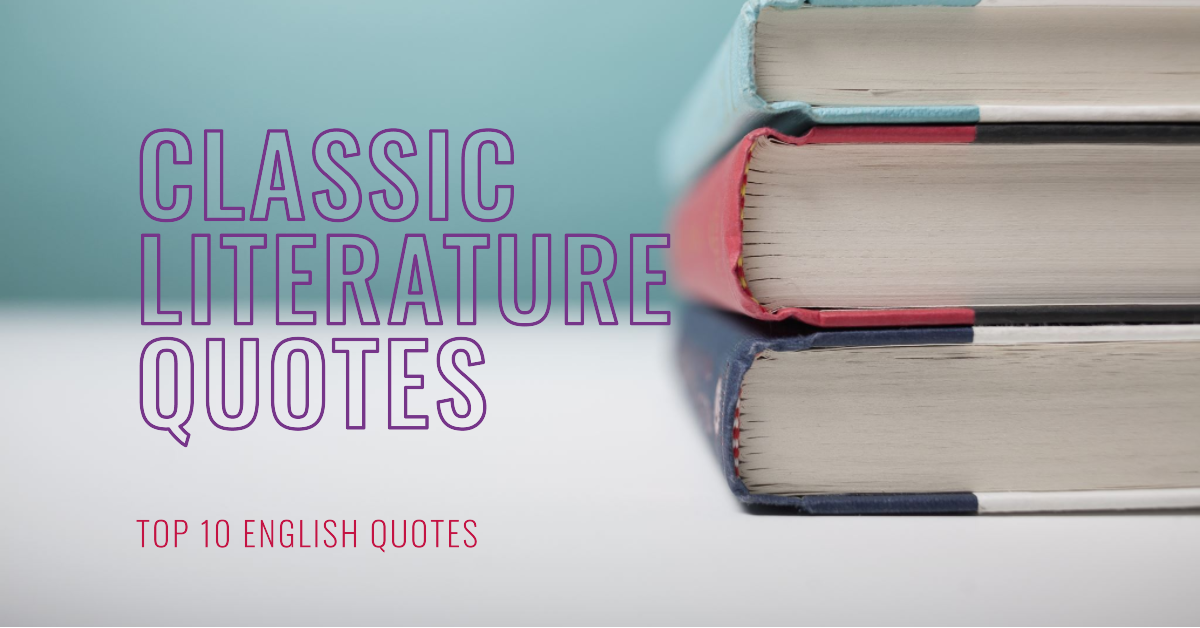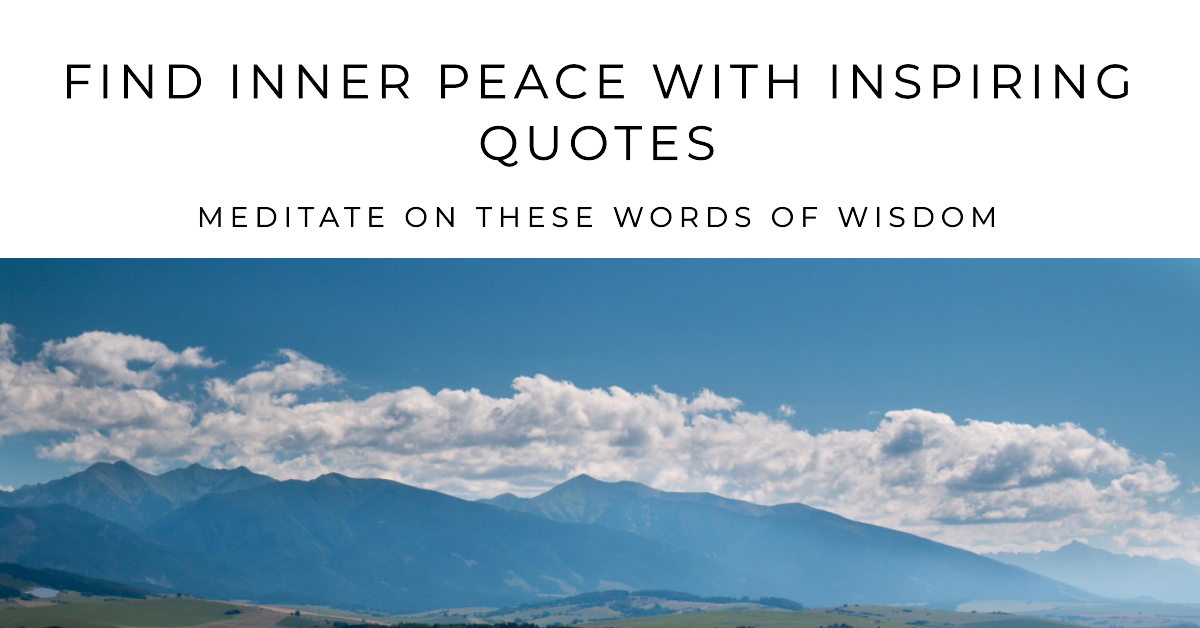When delving into classic literature, one discovers a treasure trove of timeless wisdom encapsulated within the eloquence of words penned by revered authors. These literary gems not only define an era but continue to echo through generations, offering profound insights into the human condition. In this article, we’ll unveil the essence of classic literature through a compilation of the top 10 English quotes, each carrying its own unique significance.
From the plains of Austen’s romanticism to the depths of Dickens’ societal commentary, classic literature is an inexhaustible source of inspiration and enlightenment. These quotes encapsulate the essence of their respective works, encapsulating emotions, ideas, and experiences that remain ever-relevant.
The Top 10 English Quotes from Classic Literature
1. “It is a truth universally acknowledged, that a single man in possession of a good fortune, must be in want of a wife.”
- Jane Austen, Pride and Prejudice
Austen’s astute observation of societal norms and expectations encapsulates the timeless pursuit of companionship and societal pressures.
2. “To be, or not to be, that is the question.”
- William Shakespeare, Hamlet
Shakespeare’s Hamlet muses on the existential dilemma of existence, contemplating life’s purpose in this iconic soliloquy.
3. “It was the best of times, it was the worst of times.”
- Charles Dickens, A Tale of Two Cities
Dickens eloquently captures the paradoxical nature of life, showcasing the dichotomy between prosperity and adversity.
4. “All happy families are alike; each unhappy family is unhappy in its own way.”
- Leo Tolstoy, Anna Karenina
Tolstoy’s poignant observation on the diversity of unhappiness within families resonates with the complexities of human relationships.
5. “The only way out of the labyrinth of suffering is to forgive.”
- John Green, Looking for Alaska
Green’s modern classic emphasizes the transformative power of forgiveness in navigating through life’s tribulations.
6. “It does not do to dwell on dreams and forget to live.”
- J.K. Rowling, Harry Potter and the Philosopher’s Stone
Rowling’s wise counsel through Dumbledore underscores the importance of balancing aspirations with present reality.
7. “I am no bird, and no net ensnares me: I am a free human being with an independent will.”
- Charlotte Bronte, Jane Eyre
Bronte’s Jane Eyre asserts her independence, symbolizing the spirit of resilience and autonomy.
8. “The world is indeed full of peril, and in it there are many dark places; but still there is much that is fair, and though in all lands love is now mingled with grief, it grows perhaps the greater.”
- J.R.R. Tolkien, The Lord of the Rings
Tolkien’s poignant reflection encapsulates the enduring presence of hope amidst adversity in Middle Earth.
9. “We are all fools in love.”
- Jane Austen, Pride and Prejudice
Austen’s concise statement encapsulates the folly and fervor of love that transcends societal norms.
10. “Happiness can be found even in the darkest of times if one only remembers to turn on the light.”
- J.K. Rowling, Harry Potter and the Prisoner of Azkaban
Another gem from Rowling’s wizarding world, emphasizing the resilience and power of positivity in challenging times.
These quotes, etched in the annals of literary history, continue to captivate minds and hearts, transcending their original contexts to offer profound insights into the human experience. Whether it’s Shakespeare’s philosophical ponderings or Rowling’s nuggets of wisdom nestled in fantasy, these quotes resonate with readers, igniting contemplation and introspection.
In an age where the world whirls with modernity, these quotes remain anchors to the essence of humanity, reminding us of our shared experiences, emotions, and aspirations. They encapsulate moments of reflection, triumph, despair, and hope—universal emotions that transcend time and culture.
Exploring the Significance
Each quote holds a nuanced significance within its respective literary work. For instance, Jane Austen’s acute observations on societal norms and the pursuit of love and happiness in “Pride and Prejudice” continue to resonate with readers today. Meanwhile, Shakespeare’s introspective musings in “Hamlet” probe the very fabric of existence, questioning the essence of being.
Charles Dickens, Leo Tolstoy, J.K. Rowling, and other literary maestros have contributed invaluable insights that echo through centuries. Their words serve as mirrors reflecting the human condition, offering solace, guidance, and often a profound sense of connection to readers across generations.
Application in Modern Context
One might wonder, how do these age-old quotes relate to our contemporary lives? Surprisingly, they retain an uncanny relevance. Consider Dickens’ contrast between the best and worst of times; it mirrors our present-day societal complexities, showing that dichotomies persist through eras.
Moreover, John Green’s modern contemplation on forgiveness or J.K. Rowling’s portrayal of finding light in darkness resonates deeply in our current struggles, be it personal or global. These timeless quotes act as guiding beacons, offering perspectives that transcend the boundaries of time and space.
Conclusion
The beauty of classic literature lies not only in its narrative prowess but also in its ability to transcend temporal confines. The top 10 English quotes from classic literature encapsulate the human experience in ways that words alone often fail to express. They stand as testament to the enduring power of storytelling and the written word.
As we navigate the vast sea of literature, may these quotes serve as guiding stars, illuminating our paths with their wisdom, and fostering a deeper understanding of our own lives.



